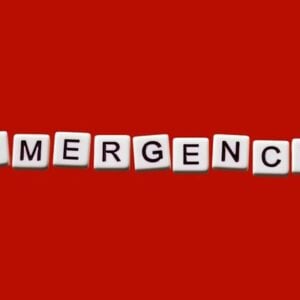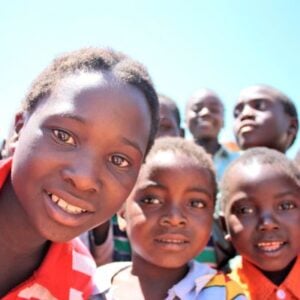Vaccination of frontline health workers and contacts of confirmed Ebola cases has begun in Bulape health zone, Kasai Province, in the Democratic Republic of the Congo, following the declaration of a new outbreak. An initial batch of 400 doses of the Ervebo Ebola vaccine, drawn from a stockpile of 2,000 doses prepositioned in Kinshasa, has been delivered to the affected area, with more doses expected in the coming days.
The vaccination campaign is being implemented using the ring vaccination strategy, targeting those most at risk of infection, including close contacts of patients and healthcare workers responding to the outbreak. The Ervebo vaccine, which is safe and effective against the Zaire ebolavirus species, is the primary tool being used to contain the spread of the disease.
To support the response, the International Coordinating Group on Vaccine Provision has approved an additional 45,000 vaccine doses for shipment to the DRC. WHO, working alongside UNICEF and other partners, has helped develop the vaccination rollout plan, while vaccination teams are receiving training in data collection and field operations. Treatment centers in Bulape have also been supplied with Mab114, a monoclonal antibody therapy, to improve clinical care for patients.
On the ground, WHO has deployed 48 experts specializing in disease surveillance, clinical care, infection prevention, logistics, and community engagement to strengthen outbreak response in collaboration with government authorities and partners. Meanwhile, in neighboring countries, WHO is working with national authorities to improve preparedness, ensuring rapid case detection and timely control measures in the event of cross-border spread.
WHO currently assesses the public health risk of the outbreak as high at the national level, moderate at the regional level, and low globally. The combination of vaccination, treatment, and rapid response efforts aims to contain the outbreak and prevent wider transmission.






